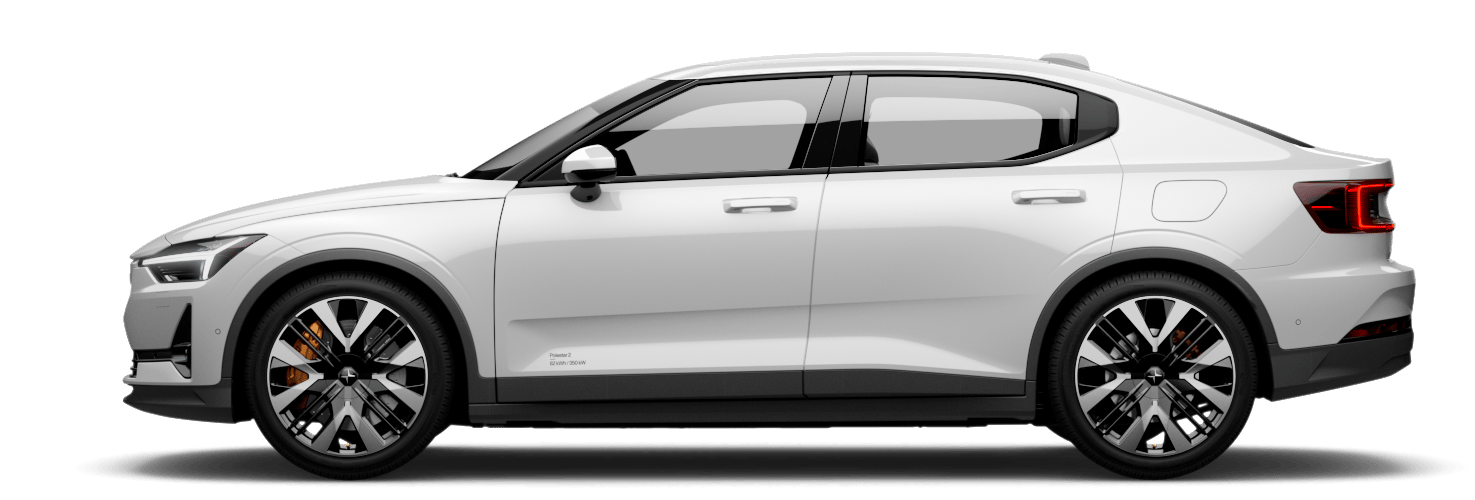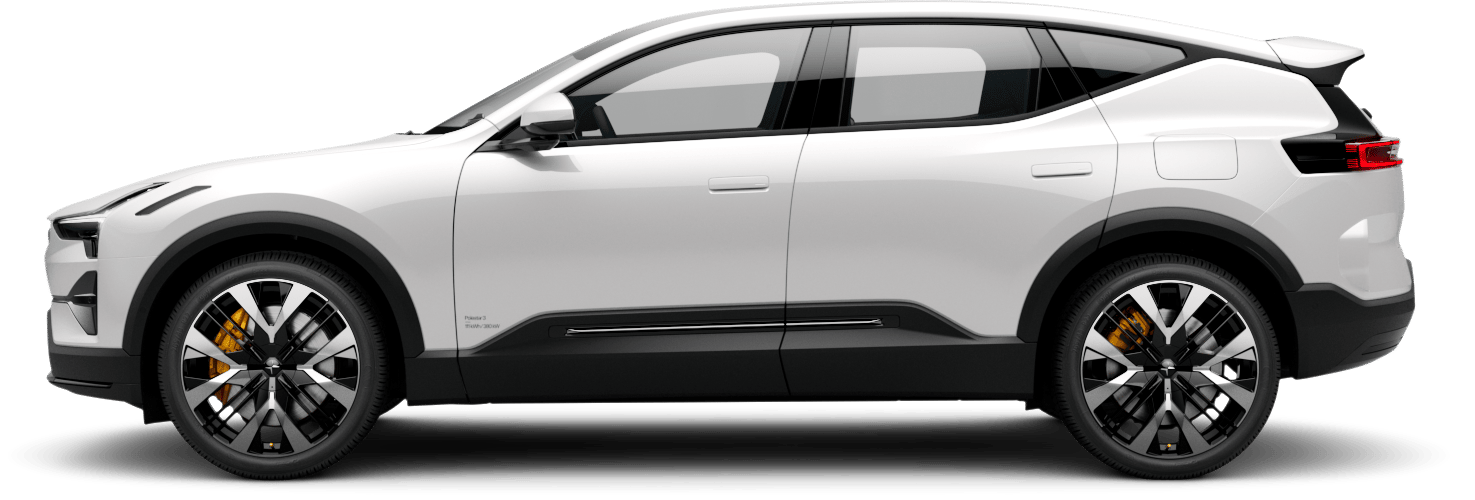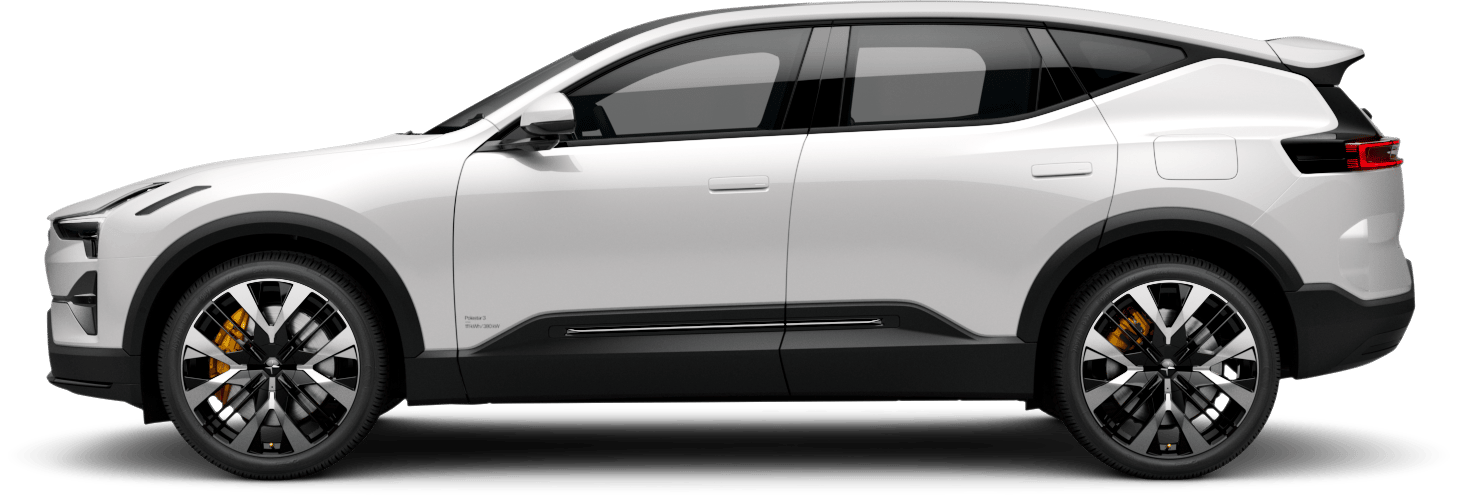Scorching deserts and humid cities - pushing Polestar 3 to the limit
Hot weather testing is one of the toughest moments in any cars’ development lifecycle. For the Polestar 3, we chose the UAE’s scorching deserts and humid cities to push the car to its limits.

We go there because no amount of simulation can mimic a real world test. You can run a marathon on a treadmill, but it’s very different doing it in real life.
The Al Ain desert in the United Arab Emirates can hit up to 50 degrees C. For any car company, it’s one of the most extreme testing environments you can visit. But it’s not just extremes of heat; the cities of the UAE can deliver humidity on a level that is difficult to comprehend. Dubai on a hot day can reach 90%, for example.Dealing with those extreme temperatures on the Polestar 3 test team was Clément Heinen, Product Attribute Leader.
“The moments you capture testing in the UAE you might not notice anywhere else in the world. In the peak of summer, it’s just about the most extreme place you would ever expect a customer to drive.”“We go there because no amount of simulation can mimic a real-world test. You can run a marathon on a treadmill, but it’s very different doing it in real life.”

And this is the key thing. Testing a car in a controlled environment like a climate control tunnel, with a simulated ‘sun’, can only tell you so much about how it might behave in the real world. In order to achieve the standards we expect from Polestar 3, a trip to the deserts of the UAE is a huge benefit.Part of this test and key to Cléments’ job is to exactly define the ‘identity’ of a Polestar for a customer. In this case, ensuring that absolutely no matter what, Polestar 3 remained a cool and comfortable place to be. It sounds simple, but it really isn’t.Testing in the UAE saw multiple 300 km-days driven in temperatures hitting up to 50 degrees C, with the car touring some of the most remote parts of the desert to test even the most extreme of potential customer scenarios.


“If you combine ambient heat and humidity, DC charging and multiple dynamic driving situations, you have pretty much the biggest load on any climate system.”The Polestar 3 test cars were subjected to these temperature torture tests over multiple weeks, with the team ensuring that software and hardware worked perfectly together, so that no customer would even notice the challenges the climate system was facing.This fine tuning and validation of systems means that the team gets a consistent experience across a huge ambient temperature range. They don’t just test in the desert, they hit the sub-zero temperatures of northern Sweden too. Every detail from cabin pre-conditioning to fan speeds are tested and refined across different locations to get the cabin temperature experience correct.

01/02
“When cooling the cabin, there is also the added challenge of cooling the battery. The entire cooling system needs to maintain the correct temperatures for the battery pack and the cabin itself. The team have a huge mix of things that can require power for cooling, so we spend weeks and months debating strategies to best deliver efficiency, cabin comfort and battery cooling.”It’s this helicopter view of the whole car’s systems that enables the test team to deliver strategies and software that customers won’t even notice exist. Get it right, and you really can drive your EV through the 50-degree desert in total comfort. So, here’s a nod to our engineers. Out there in the desert, sunscreen, and hats on, developing software that we hope you won’t ever notice.








